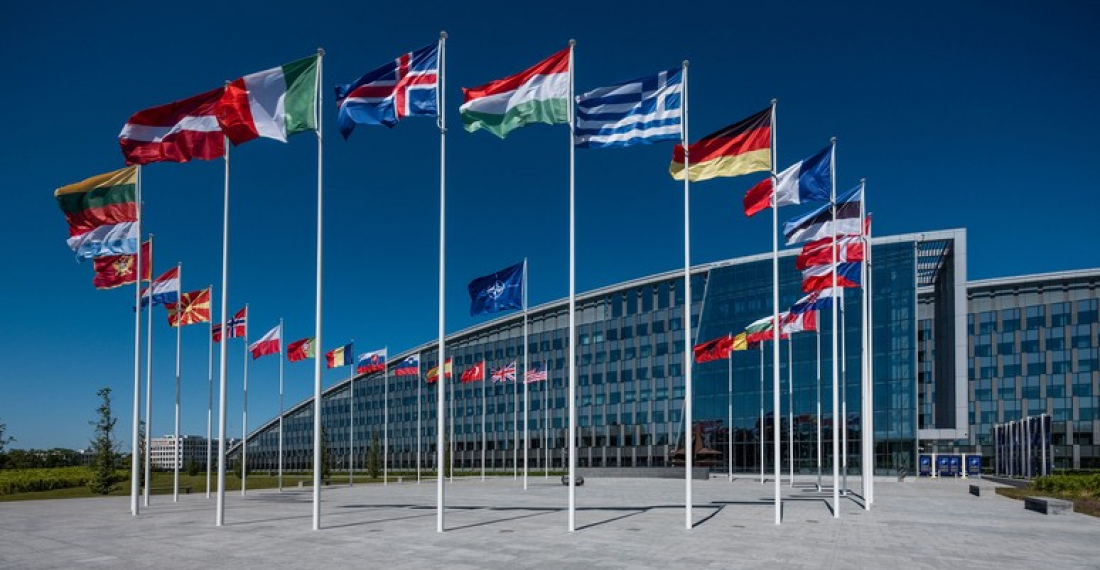The foreign ministers of NATO member states will meet in Brussels on 1 and 2 December to discuss current challenges facing the alliance. They will be joined by Asia-Pacific partners: Australia, Japan, New Zealand and South Korea, as well as by Finland and Sweden and the European Union High Representative.
Speaking at a press briefing on Monday ahead of the meeting NATO's Secretary General, Jens Stoltenberg said Ministers will also address Russia’s military build-up around the Alliance.
Russia is modernising its nuclear arsenal and fielding new missiles. It is deploying more forces in our neighbourhood, from the High North to Syria and Libya. We also see an increased Russian presence as a result of the crises in Belarus and Nagorno-Karabakh. So, Ministers will discuss what more we should do to respond to Russia’s growing military activity.
Stoltenberg said NATO foreign ministers will also assess the global shift in the balance of power with the rise of China.
China is not our adversary. Its rise presents an important opportunity for our economies and trade. We need to engage with China on issues such as arms control and climate change. But there are also important challenges to our security. China is investing massively in new weapons. It is coming closer to us, from the Arctic to Africa. And by investing in our infrastructure.
China does not share our values. It does not respect fundamental human rights and tries to intimidate other countries. We must address this together, both as NATO Allies, and as a community of like-minded countries.
source: commonspace.eu with the press service of NATO (Brussels)







